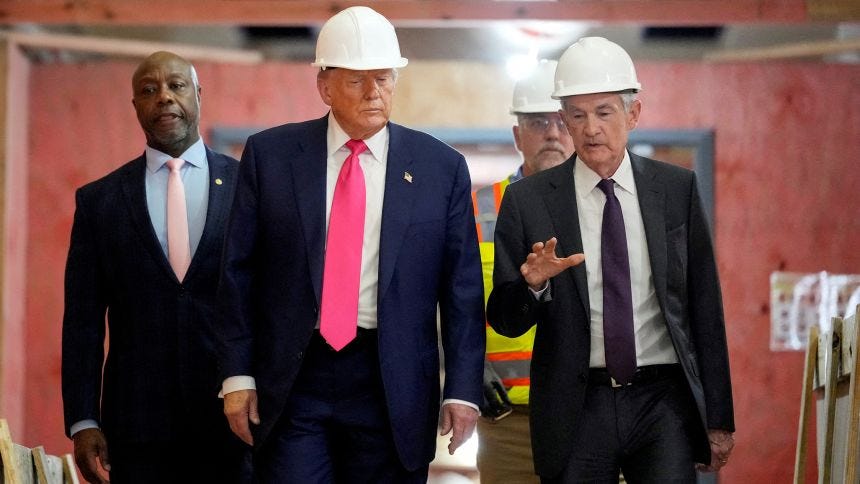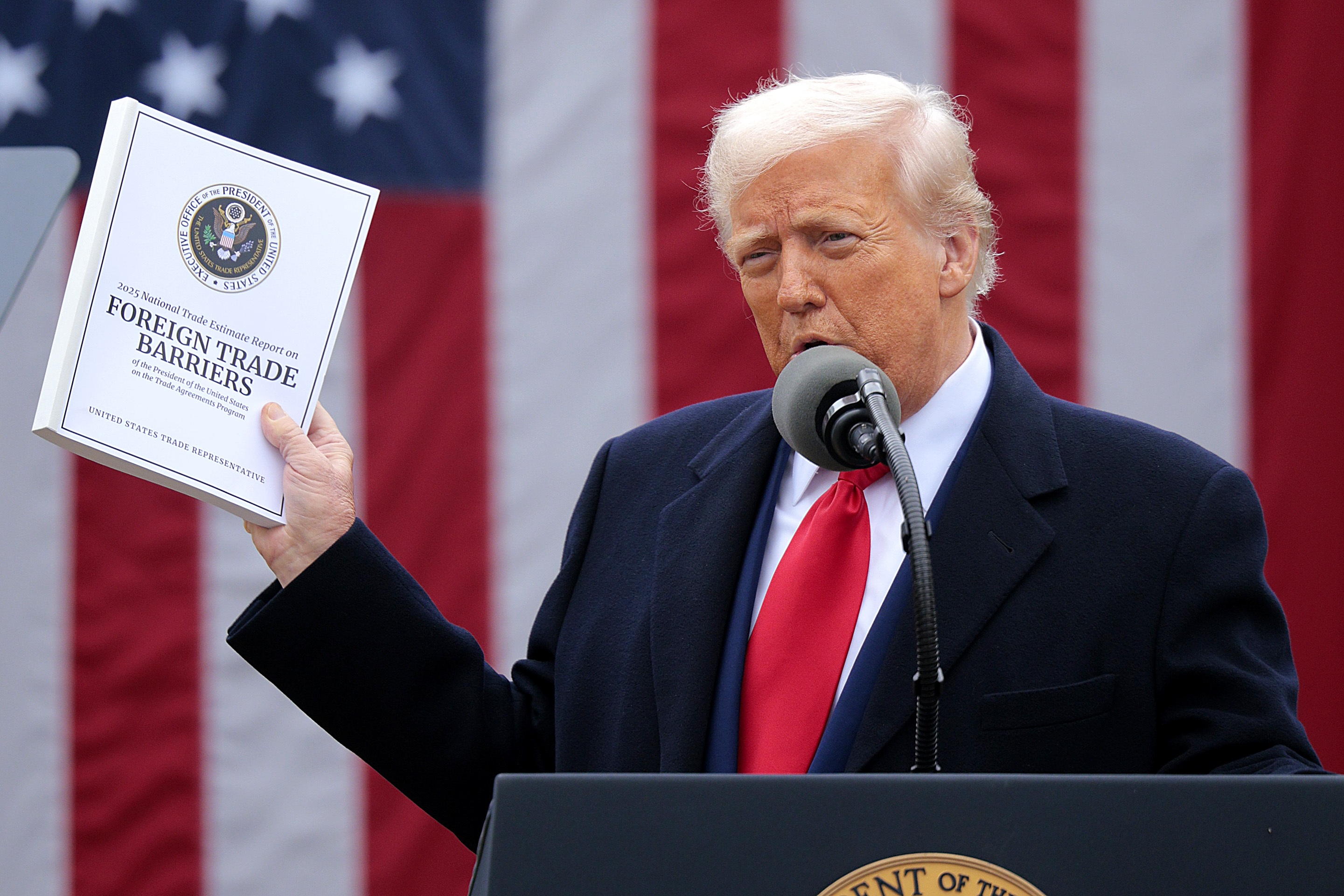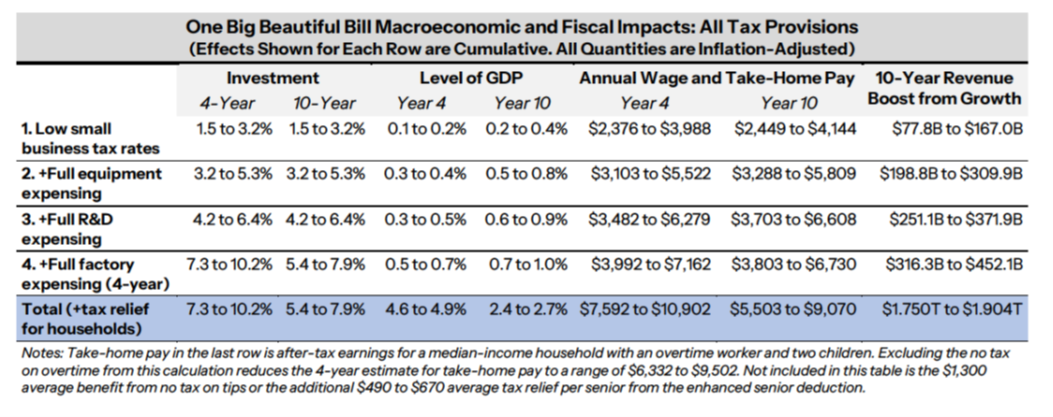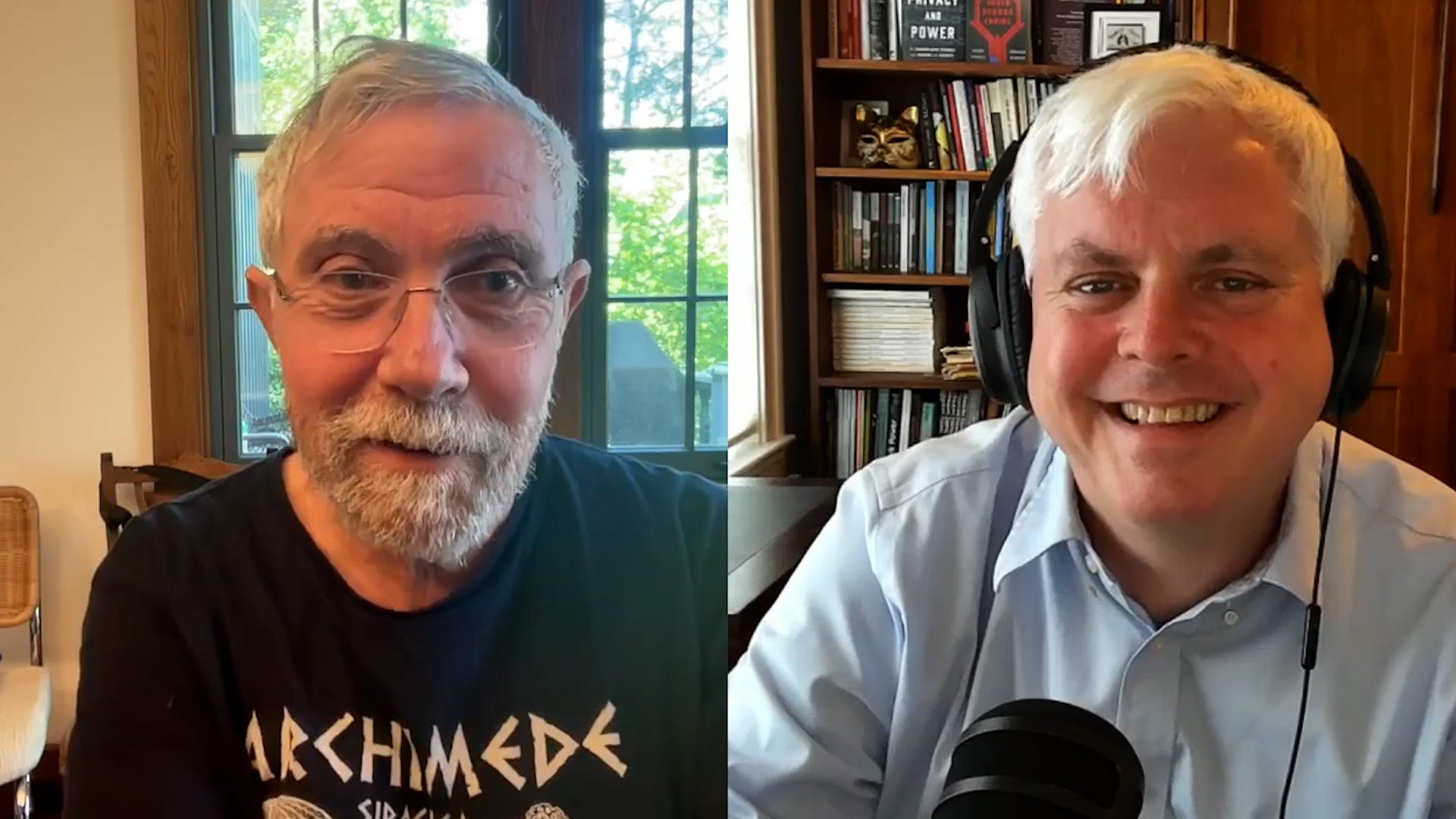
1841. Housing July 28th Weekly Update: Inventory up 0.4% Week-over-week; Down 10% from 2019 Levels
Bill McBride discusses the increase in active single-family housing inventory, noting trends compared to previous years and highlighting a larger than normal rise in 2025.















